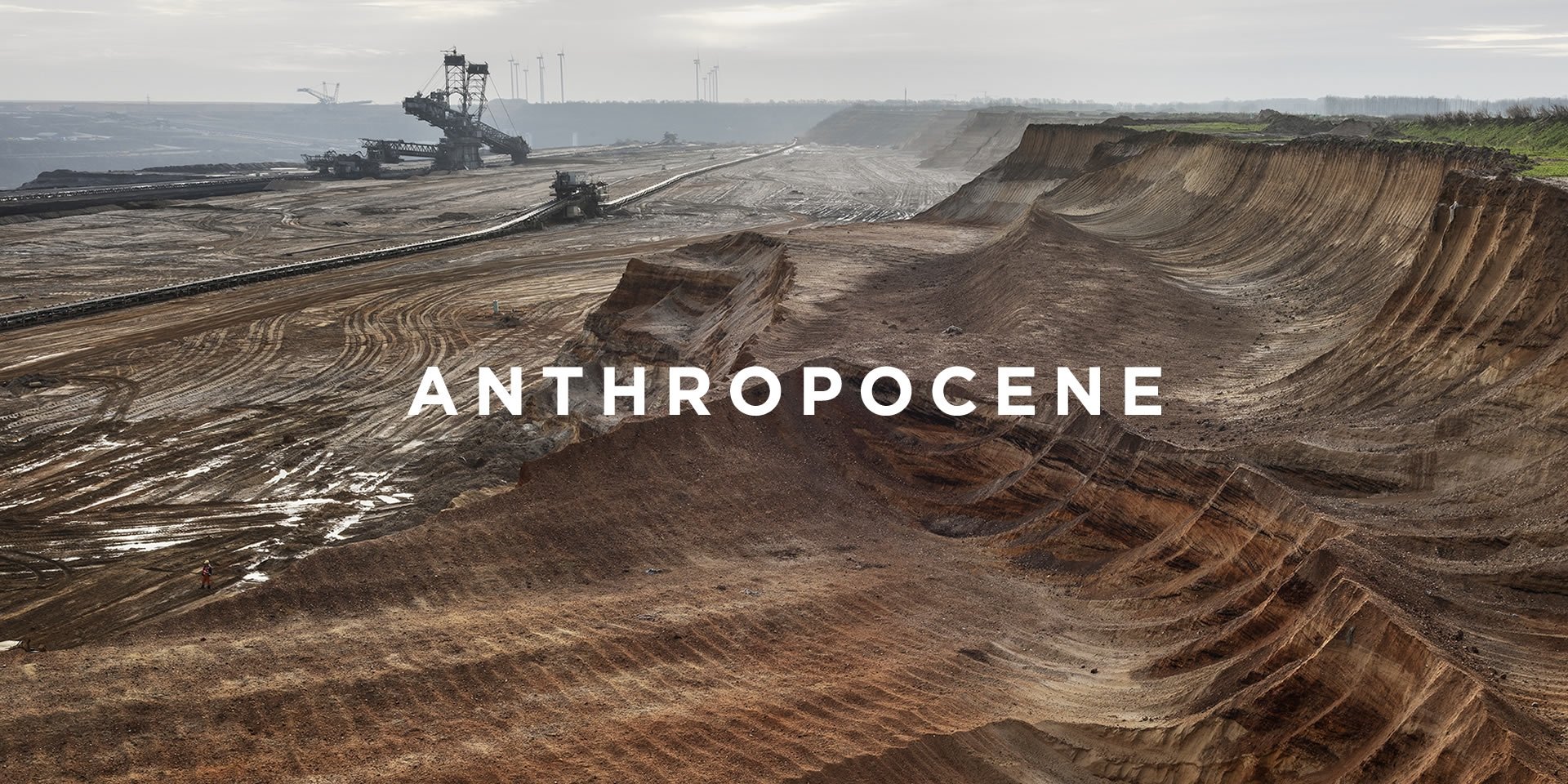Anthropocene Epoch

- 06 May 2024
Why is it in the News?
For digital democracies, it is imperative to recognise the potential for self-inflicted social impoverishment by overlooking these long-term challenges of the Anthropocene.
What is an Epoch?
- Epochs form part of the Earth’s official timeline.
- All 4.6 billion years are split into Eons, Eras, Periods, Epochs and Ages - as designated by the International Commission on Stratigraphy.
- The Earth’s current epoch, the Holocene, started at the end of the last ice age, around 12,000 years ago.
- In comparison, the current Eon (in British English Aeon) is the Phanerozoic, which started some 540 million years ago.
What is the Anthropocene Epoch?
- The Anthropocene Epoch is an unofficial unit of geologic time, used to describe the most recent period in Earth’s history when human activity started to have a significant impact on the planet’s climate and ecosystems.
- The term, coined by biologist Eugene Stormer and chemist Paul Crutzen in 2000, combines the Greek words "anthropo" (man) and "cene" (new) to signify the dawn of a new human-centric era.
- Various phenomena characterize this proposed epoch, including global warming, sea-level rise, ocean acidification, mass-scale soil erosion, deadly heat waves, and the deterioration of the biosphere.
- These environmental changes highlight the unprecedented influence of human actions on the Earth's systems.
What is the Geological Time Scale?
- The geological time scale is based on the geological rock record, which includes erosion, mountain building and other geological events.
- Over hundreds to thousands of millions of years, continents, oceans and mountain ranges have moved vast distances both vertically and horizontally.
- For example, areas that were once deep oceans hundreds of millions of years ago are now mountainous desert regions.
- To understand the context of the Anthropocene Epoch, it is essential to explore the geological time scale.
- From longest to shortest, these divisions are called eons, eras, periods, epochs, and ages.
- The study of the correlation between strata and fossils is known as stratigraphy.
Current Epoch and Debate:
- Officially, the current epoch is the Holocene, which started 11,700 years ago after the last major ice age.
- However, there is ongoing debate within the scientific community regarding the distinction between the Holocene and the Anthropocene.
- The International Union of Geological Sciences (IUGS) has yet to formally adopt the term Anthropocene as an official epoch.
- The critical question the IUGS needs to address is whether human influence has significantly altered the Earth's systems to the extent that it is reflected in the rock strata.
- As the debate continues, the Anthropocene Epoch serves as a reminder of the profound impact of human activity on the planet and the urgent need to address environmental challenges for the sake of Earth's future.
